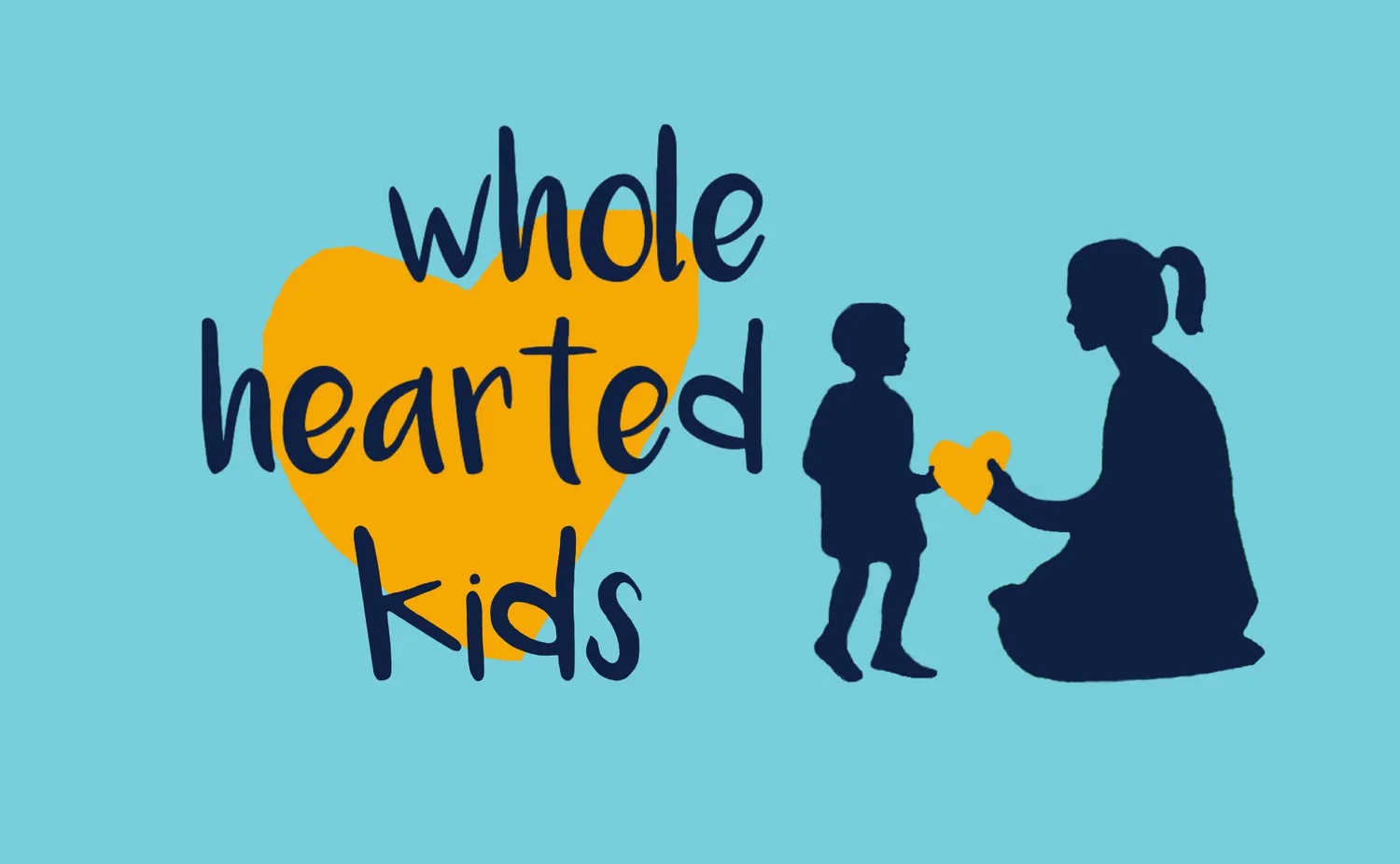What is a Speech Pathologist?
Speech pathologists help you when you have trouble understanding and talking with others. They can assess, diagnose and treat communication difficulties and provide the right supports for children and their families. They work with the child, their family and their community to support their communication in everyday environments. Speech pathologists can support your child in the following areas:
SPEECH
Speech refers to how we say sounds and put sounds together into words. Speech Pathologists can support your child if they have unclear speech, difficulties making particular sounds, or deleting or changing sounds in words.
LANGUAGE
Language is how well we understand what we hear or read (receptive language) and how we use words to tell others what we are thinking (expressive language). Speech Pathologists can support children receptively with understanding concepts, questions or following instructions at home or school, and expressively by using correct grammar, structuring sentences, developing vocabulary, telling stories and getting their message across.
LITERACY
Speech Pathologists can support children to develop early literacy skills and phonological awareness skills, which will support their reading and writing. Our Speech Pathologists are trained to deliver the Sounds-Write synthetic phonics program for literacy intervention.
SOCIAL SKILLS
Social skills are how well we follow social rules and cues, like turn taking, how to talk to different people, making and maintaining friendships and interpreting nonverbal cues.
AUGMENTATIVE and ALTERNATIVE COMMUNICATION (AAC)
AAC is when a person uses something other than speech to communicate. They may use body movements, signs, gestures, picture symbols or communication device. Speech Pathologists can help children and families to find the right system for their communication needs or provide support to develop skills with their current communication system.
DEVELOPMENTAL DELAYS
Children with developmental delays may present with difficulties using and understanding words. Early intervention and family involvement is key to building their communication skills. Speech Pathologists provide strategies to use with your child in play.

